If Jesus Wasn’t Black
lecture-performance and workshop about corporate identity
2021
EN
If Jesus Wasn’t White is an event that invites
participants to critically reflect on the cultural impact of visual
identity and the communication strategies employed by multinational
corporations.
A brand or mark is a name, term, design, symbol or any other feature that distinguishes one seller’s good or service from those of other sellers.
If Jesus Wasn’t White is an event that invites
participants to critically reflect on the cultural impact of visual
identity and the communication strategies employed by multinational
corporations.
The event is structured into two distinct yet complementary parts.
The first part is a 30-minute lecture-performance during which 60 slides are
shown, analyzing examples of well-known corporate brands. Through
these analyzes, participants are introduced to the fundamentals of
graphic design and corporate visual identity. The lecture intertwines
historical, religious, and contemporary marketing considerations,
with a particular focus on the cultural effects of free-market
dynamics in a post-globalization context.
The lecture-performance highlights aspects of neocolonialism,
analyzing how many companies, in addition to exporting products and
promoting lifestyles beyond their national borders, incorporate
colors and symbols into their branding that evoke their country of
origin. Among the examples discussed is the French supermarket chain Carrefour, which operates extensively in many former French
colonies and whose logo integrates the three colors of the French
flag.
The second part of the event consists of a workshop where
participants, guided by the artist, manually create their own brand.
This exercise is based on a personal and speculative reflection on
the concepts of "non-place" and utopia. At the end of the
workshop, participants share their creations, presenting and
discussing them together. The resulting artifacts are then collected
into an ongoing series that currently includes about one hundred
logos produced during the previous three workshops, and which could,
in the future, become the subject of an exhibition.
The title If Jesus Wasn’t White references a widely
discussed theory that Jesus of Nazareth did not resemble the way he
is often depicted—fair-skinned, blue-eyed, and blond-haired
—as this image is inconsistent with his Palestinian origin.
Furthermore, the cross, a central symbol of Christianity, can be
considered one of the earliest examples of a multinational "brand."
The project was first presented on September 30, 2021, in a bar in
Vienna’s 20th district as part of Urban Instructions, a
public art initiative curated by the collective BUUUUUUUUU.
Later, on August 30, 2022, If Jesus Wasn’t White was
hosted by the Vienna Secession during one of the events in the Tuesday@Secession series, which invites new members to share
their artistic practice with the public.
IT
Un marchio è un nome, un termine, un disegno, un simbolo o qualsiasi altra caratteristica che distingue il prodotto o il servizio di un venditore da quello degli altri venditori.
Un marchio è un nome, un termine, un disegno, un simbolo o qualsiasi altra caratteristica che distingue il prodotto o il servizio di un venditore da quello degli altri venditori.
If Jesus
Wasn’t White è un evento che invita i partecipanti a riflettere criticamente
sull’impatto culturale dell’identità visiva e sulle strategie
comunicative adottate da alcune imprese multinazionali.
L’evento si articola in due
momenti distinti ma complementari. La prima parte è una lezione
frontale performativa di circa 30 minuti, durante la quale vengono proiettate 60
diapositive che analizzano esempi di marchi aziendali noti.
Attraverso queste analisi, i partecipanti acquisiscono nozioni di
base sul design grafico e sull’identità visiva aziendale. La
lezione intreccia considerazioni storiche, religiose e di marketing
contemporaneo, con particolare attenzione agli effetti culturali del
libero mercato nel contesto post-globalizzazione.
La lecture-performance pone
l’accento su alcuni aspetti del neocolonialiali, con un’analisi
di come molte aziende, oltre a esportare prodotti e a proporre stili
di vita al di fuori dei propri confini nazionali, utilizzino nei propri marchi colori e simboli che richiamano la nazione d’origine. Tra
gli esempi trattati, spicca quello della catena francese di
supermercati Carrefour,
presente in molte ex colonie francesi, il cui logo integra i tre
colori della bandiera francese.
La seconda parte dell’evento
consiste in un workshop durante il quale i partecipanti, guidati
dall’artista, creano manualmente un proprio marchio inserendo attraverso di esso una riflessione
sul
concetto di "non-luogo" e di utopia. Al termine del
laboratorio, i partecipanti condividono i propri elaborati,
esponendoli e discutendone insieme. Gli artefatti vengono poi
raccolti in una collezione, che attualmente conta circa cento loghi
realizzati nei tre workshop precedenti e che, in futuro, potrebbe
diventare il soggetto di una mostra.
Il titolo If
Jesus Wasn’t White richiama una teoria diffusa secondo cui Gesù di Nazareth non avrebbe
avuto l’aspetto con cui è spesso raffigurato – carnagione
chiara, occhi azzurri, capelli biondi – poiché tale
rappresentazione contrasta con la sua origine palestinese. Inoltre,
la croce, simbolo centrale del cristianesimo, può essere considerata
uno dei più antichi esempi di "brand" multinazionale.
Il progetto è stato presentato per
la prima volta il 30 settembre 2021, in un bar del ventesimo
distretto di Vienna, nell’ambito di Urban
Instructions,
un’iniziativa di arte pubblica curata dal collettivo BUUUUUUUUU.
Successivamente, il 30 agosto 2022, If
Jesus Wasn’t White è
stato ospitato presso la Secessione
di Vienna durante uno
degli eventi della serie Tuesday@Secession,
che invita i nuovi membri a condividere la propria pratica artistica
con il pubblico.

Lecture-performance at Aras Getränkeshop & café
(Wellensteinstraße 26, 1200), Vienna, 2021.
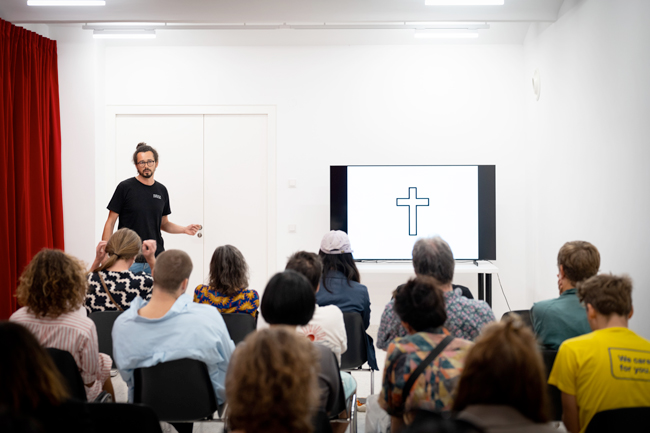
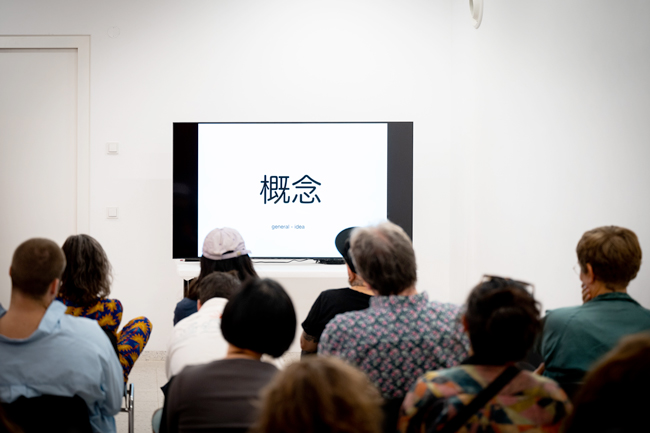
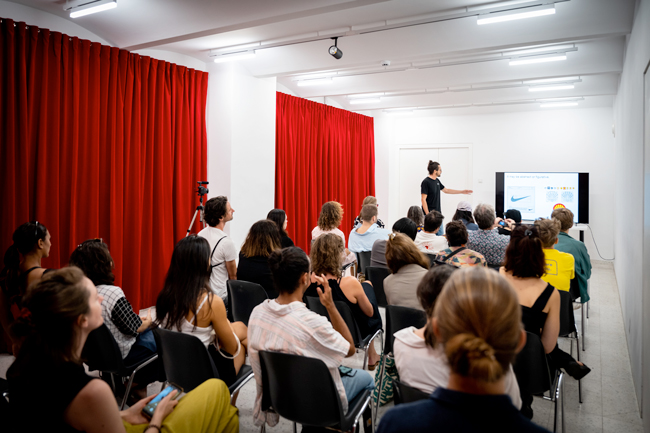
Lecture-performance at Vienna Secession, 2022.
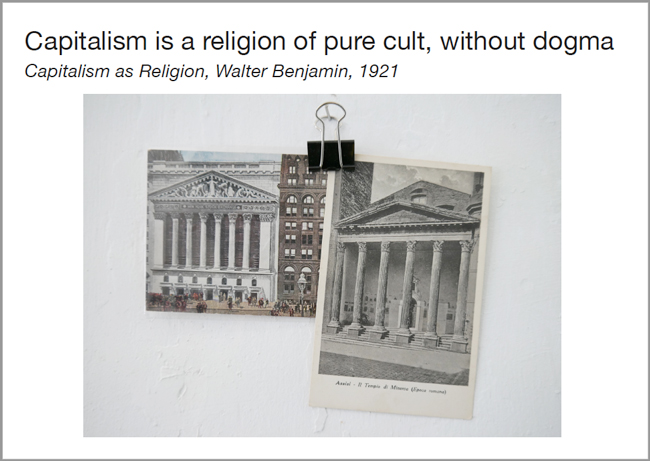
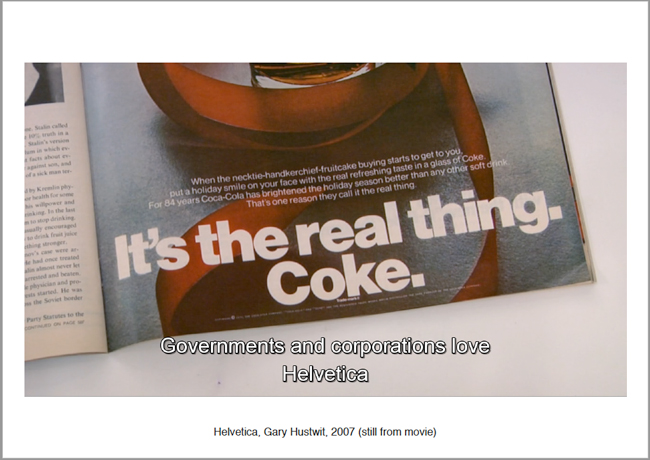
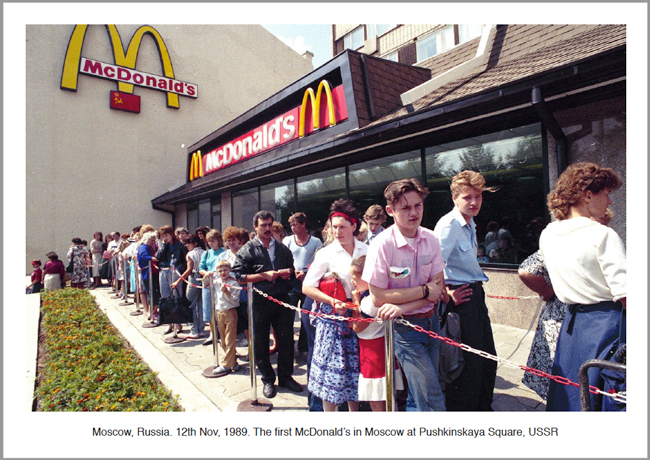
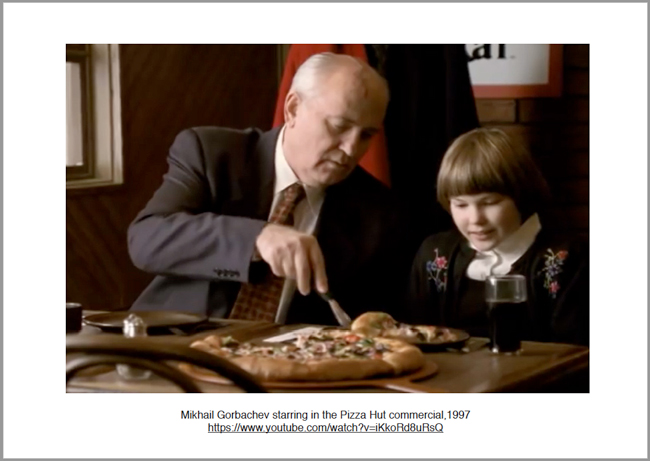
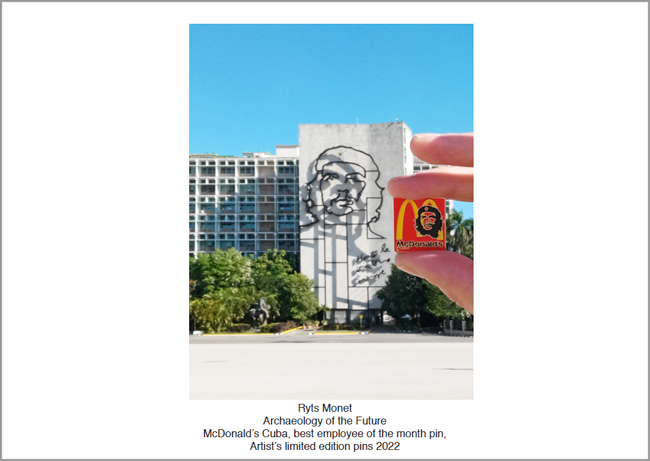
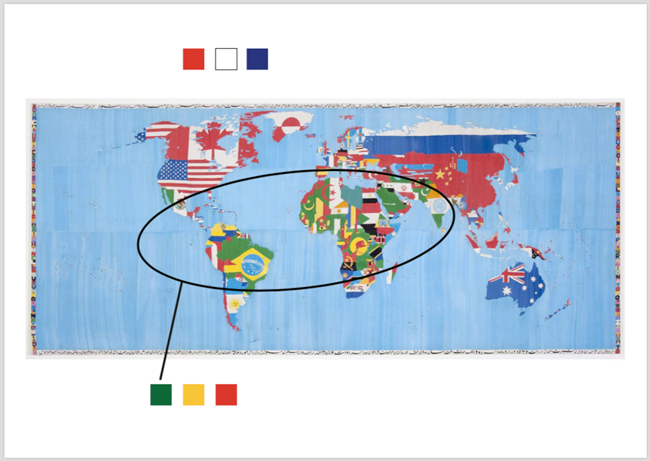
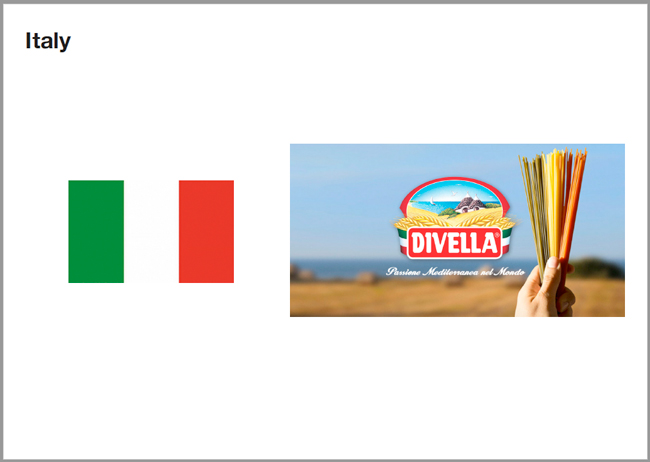

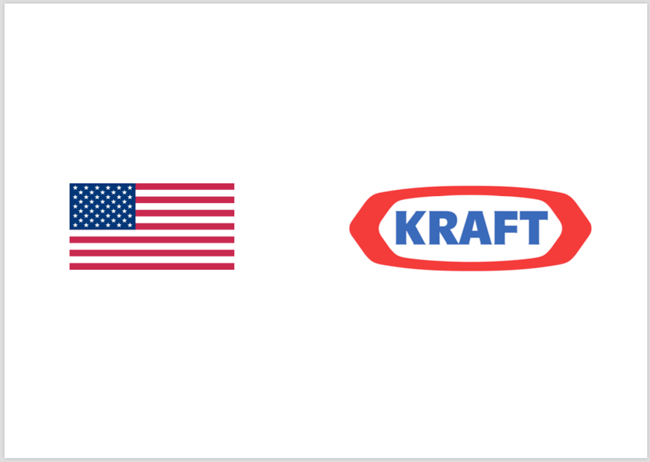
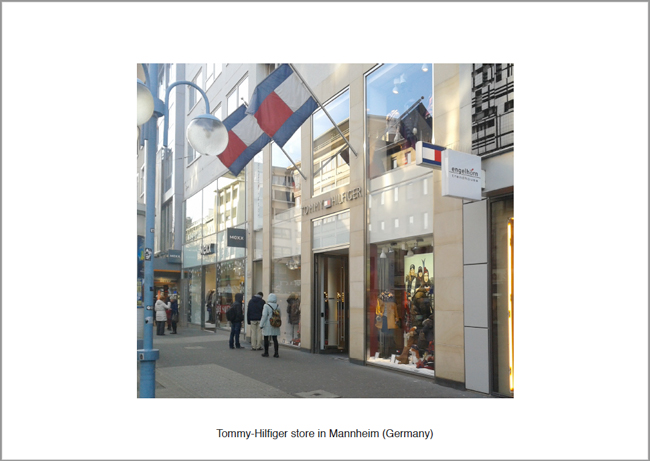
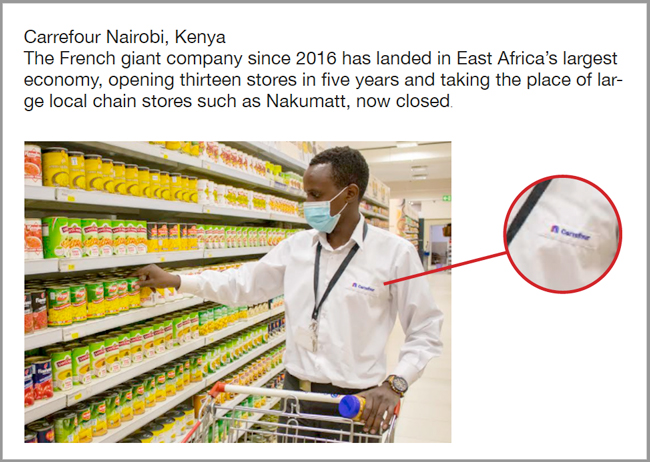
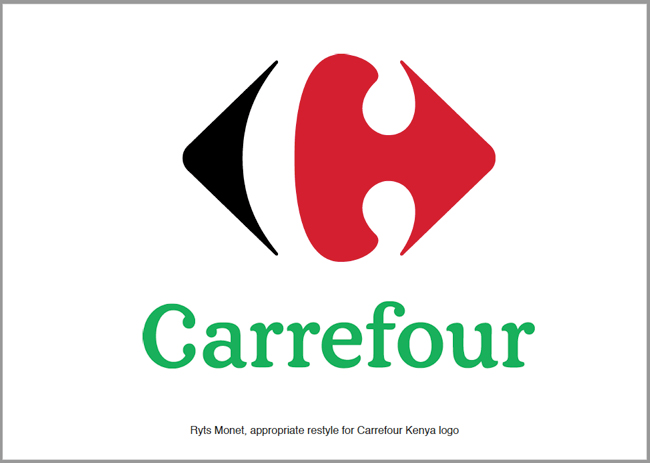
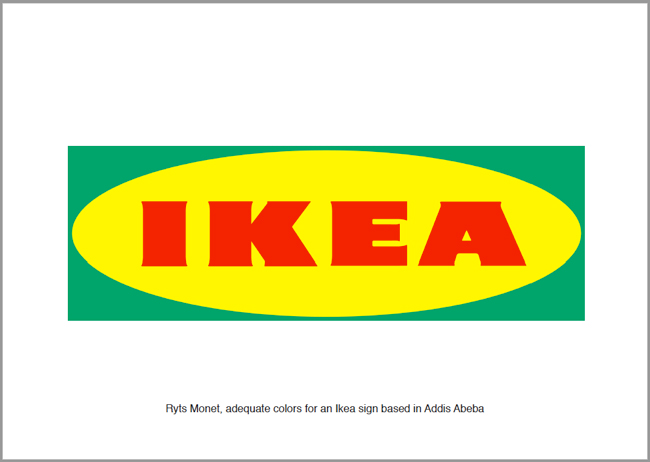
A selection of the 60 slides included in the lecture-performance.
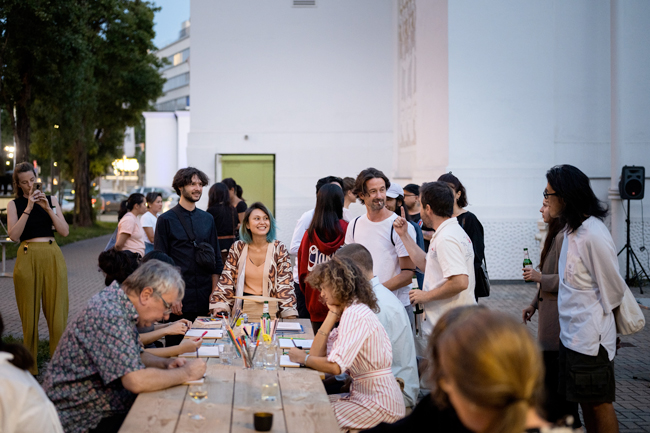
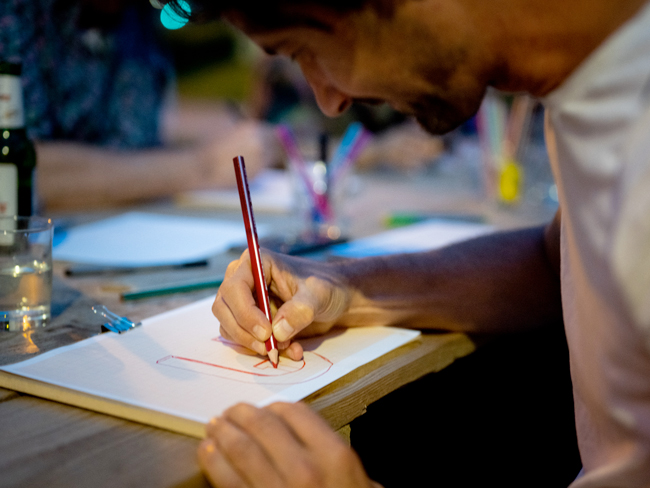
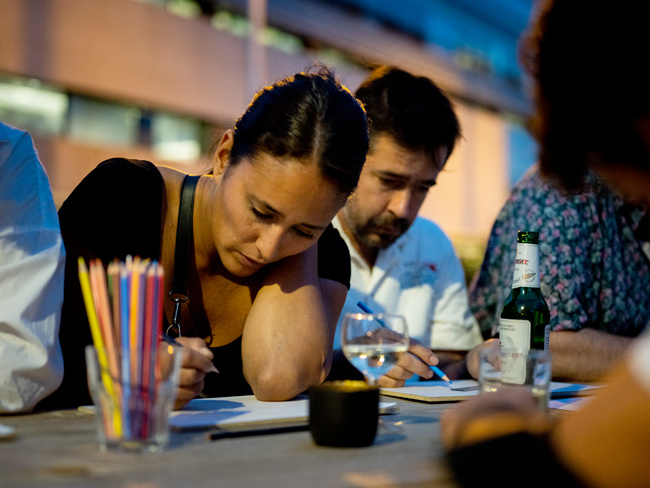
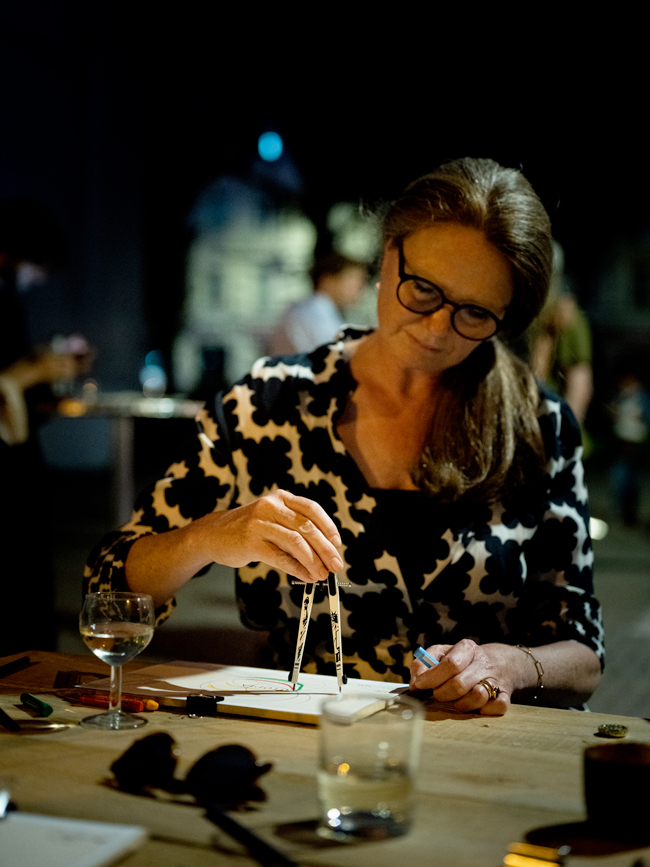
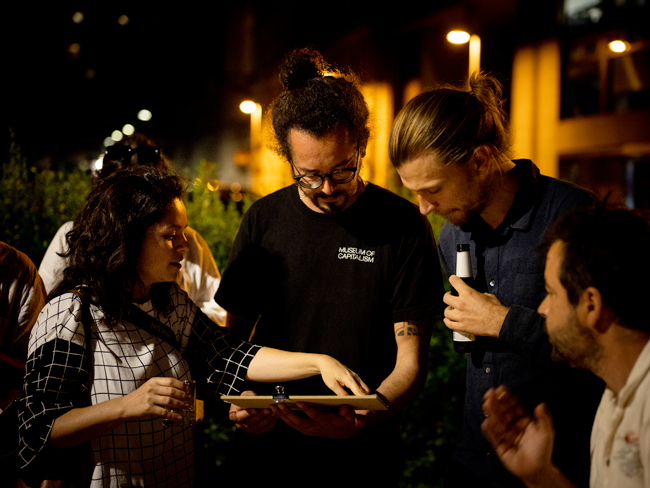
Workshop at Vienna Secession, 2022.

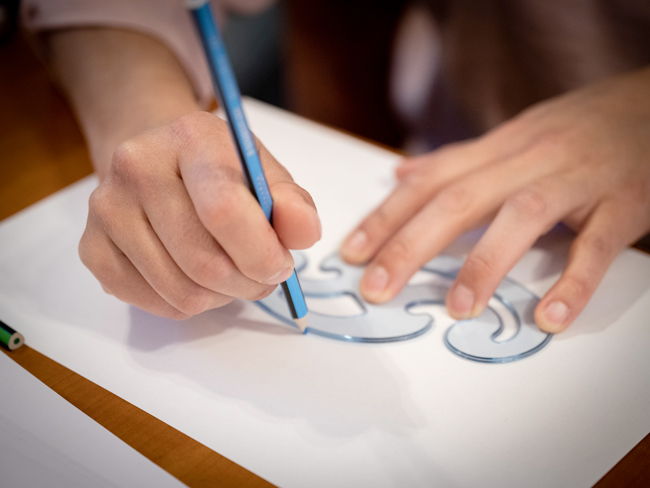
Workshop at Aras Getränkeshop & café
(Wellensteinstraße 26, 1200), Vienna, 2021.
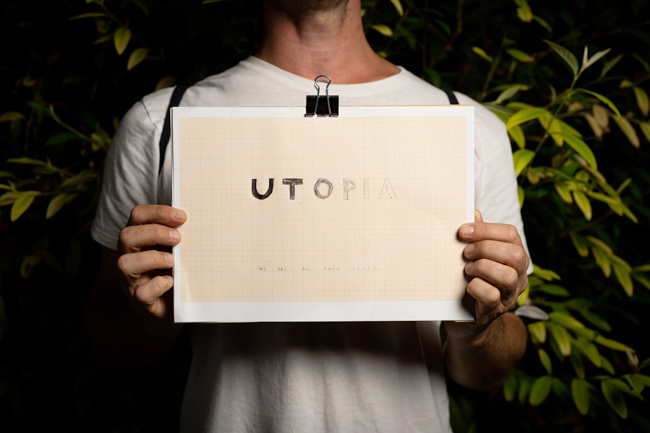


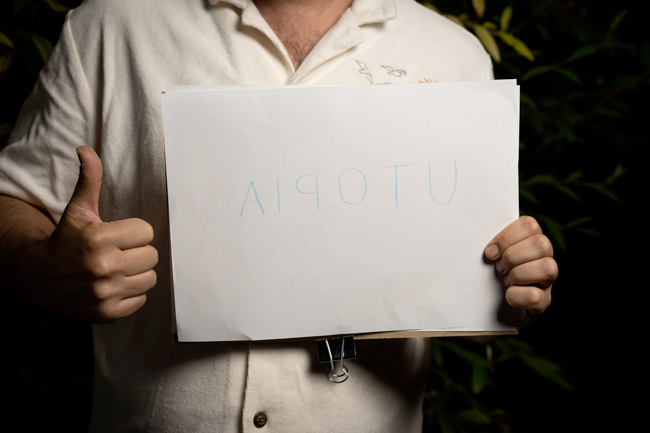




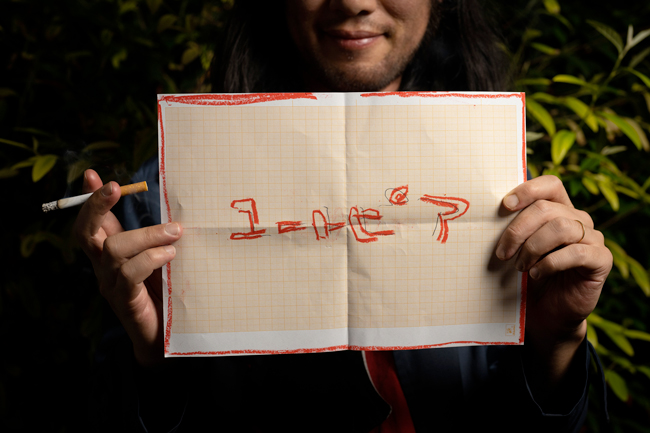
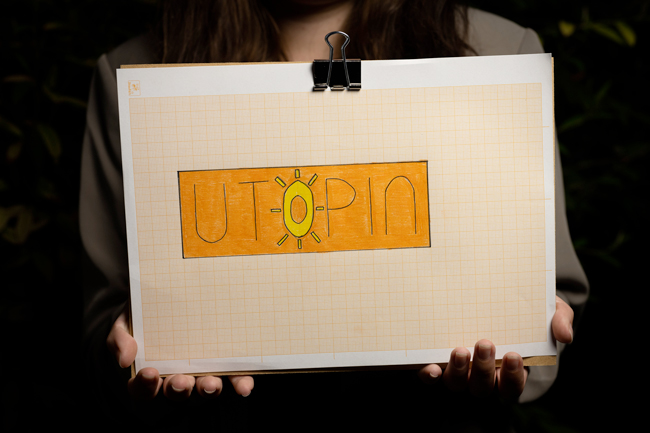

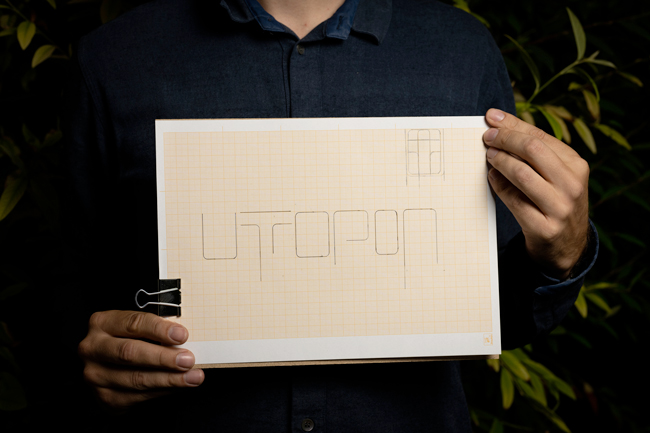
Workshop results (selection), Vienna Secession, 2022.
Photo credits of all previous shown photos: Gianmaria Gava.
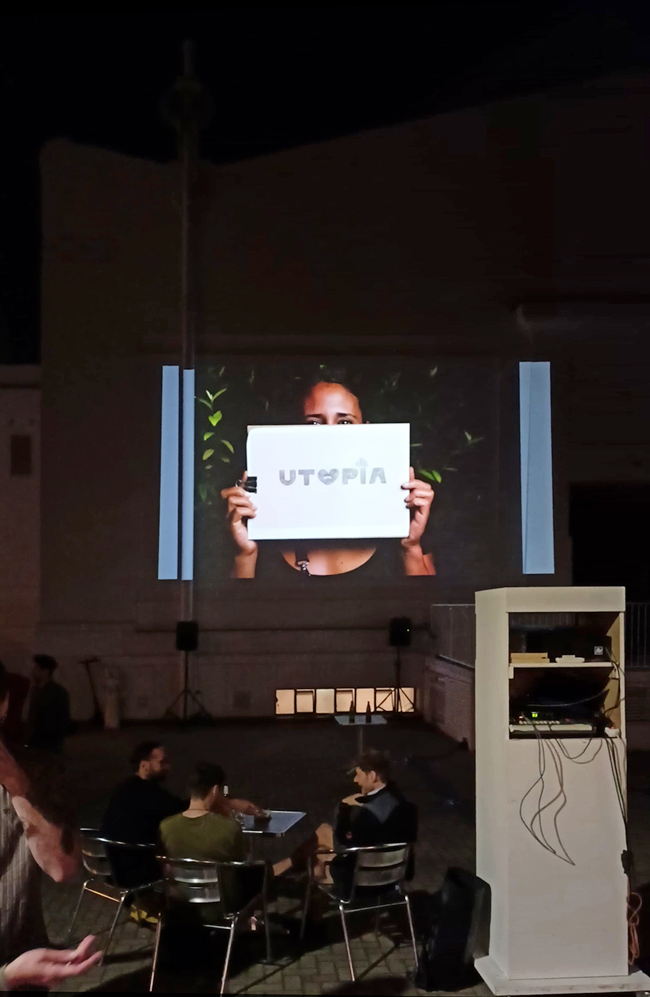
Ryts Monet, If Jesus Wasn’t White, projection of the finished participant’s works at the Vienna Secession, 2022.